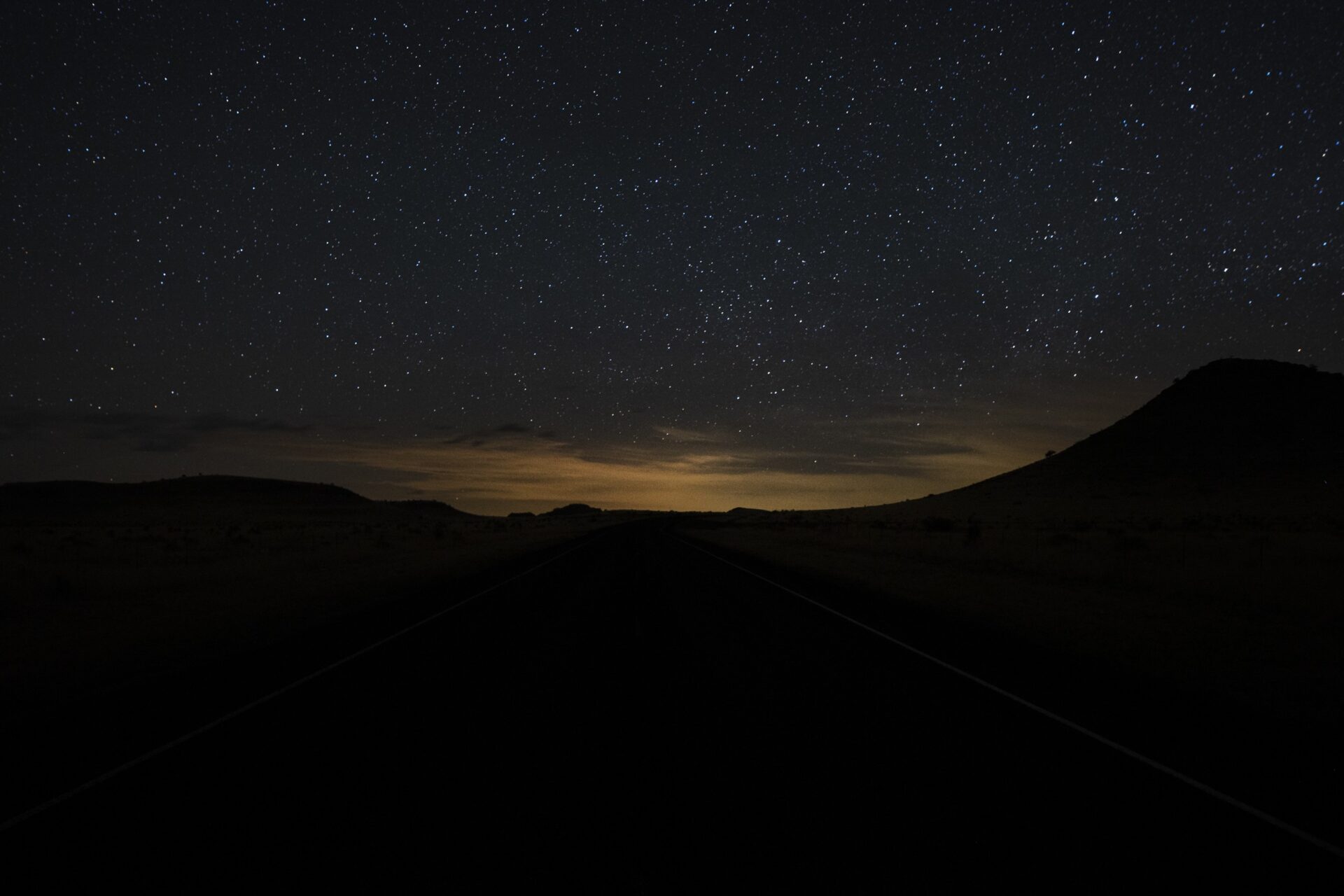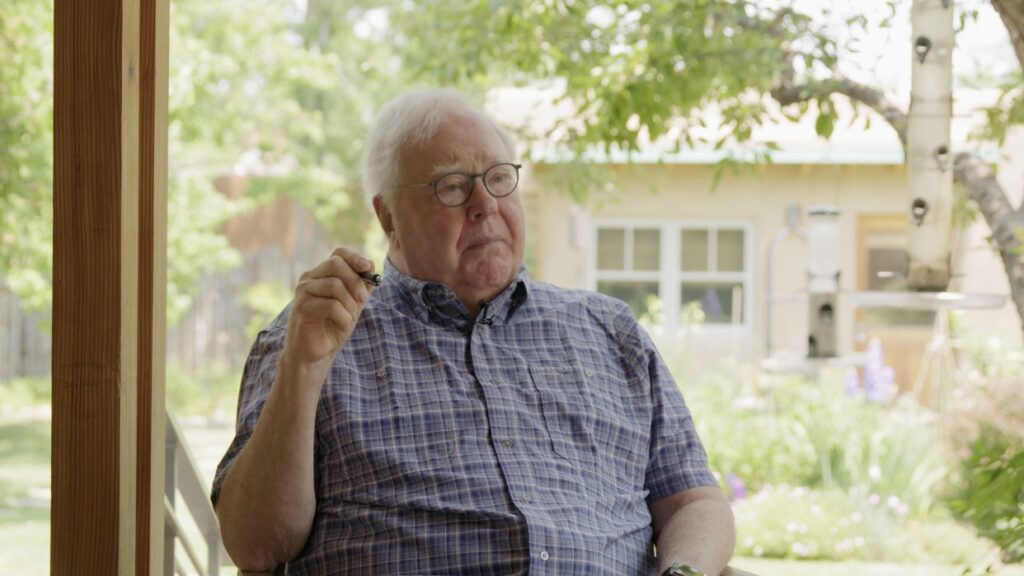As Director of McDonald Observatory, Bash led the effort for design, funding, and construction of the magnificent new 11-meter Hobby·Eberly Telescope at McDonald Observatory in West Texas, which has the largest primary mirror in the world. The only comparable telescopes, Keck I and Keck II, in Hawaii, each cost nearly $100 million to build. The Hobby·Eberly Telescope cost $13.5 million, due to its cost-effective design. This design makes it possible, for the first time, to contemplate construction of the next generation of telescopes, of up to 29 meters in diameter.
Bash also led the effort to expand the public-outreach programs of McDonald Observatory. These programs include the creation of The Frank N. Bash Visitor Center, which hosts over 130,000 visitors a year and StarDate radio, which reaches millions of people each day in English, Spanish, and German.

